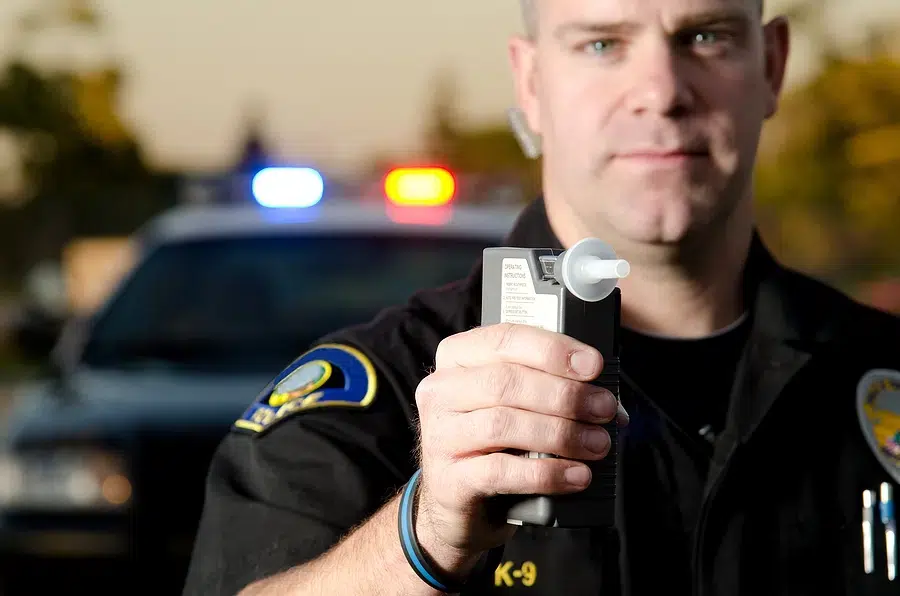Negligence and Recklessness at a Glance
If you have been involved in an accident recently, either as the one responsible for it or the one affected by it, you may have encountered words like “negligence” and “recklessness” in your research. While contemplating a case, let’s say, a personal injury case, the plaintiff will assert that the injury was a result of either negligence by the defendant or recklessness by the defendant.
When it is boiled down to the basics, the main difference between negligence and recklessness is whether or not someone has knowledge of whether their actions may have been harmful to someone else or someone else’s property.
What is Negligence?
In the state of Texas, negligence is defined as failing to exercise the degree of care expected of someone in order to minimize the risk of harm to another. Negligence is often the legal basis for many personal injury cases. Negligence is seen mainly as accidental. When negligence is used for the basis of a personal injury case, the plaintiff is saying that they believe the person’s actions caused harm to another. Still, it was not because the defendant knowingly acted in a way that would bring harm.
We enter into a social contract when we enter society. We take responsibility for our actions and take on the duty to act in a certain way to ensure the safety of ourselves and those around us. For example, when you drive, it becomes your duty to do so safely, to control your vehicle responsibly, and to remove distractions. As a driver, you are responsible for ensuring the safety of yourself, your passengers, and other motorists around you.
In a personal injury case, an attorney will attempt to prove that there was a breach of duty. Using the example of you as a driver, if you are speeding and you cause a car accident as a result, you have breached your duty to operate your vehicle in a safe manner.
When an attorney tries to prove negligence, they will try to confirm that the negligence caused the injury. If you are speeding and rear-end the vehicle in front of you, causing damages and injury, the attorneys will try to confirm that the accident resulted from your speeding, a result of your negligence.
The above circumstances will be weighed in a personal injury case. Negligence is measured by whether or not a reasonable person would be aware that their actions may lead to the injury of another. To continue the above example, would a reasonable person be aware of the fact that speeding may result in injury or damages? Most people would agree that, yes, we are aware of the potential hazards that surround speeding in a vehicle.
The final pillar of a personal injury case due to negligence is whether or not quantifiable damages have been caused as a result of negligence. If you rear-ended another vehicle because you were speeding, then your negligence resulted in the damages caused to the vehicle as well as any injuries caused to the passengers.
What is Recklessness?
While negligence is seen largely as an accident, recklessness is not. When someone acts in a reckless manner, they knowingly act in a manner that they are aware of, which may lead to harm or damage to another.
In the eye of the law, intent, also known as willfulness, is when someone acts in a way with the intent to harm another.
Recklessness is immediately less than intent. While someone who is reckless acts in a way that they are aware of may lead to harm to another, they do not have the intention to cause harm.
Likewise, negligence is immediately below recklessness in the eye of the law. Whereas a reckless person knows their actions could harm another, a negligent person fails to act as a reasonable person would and doesn’t exercise reasonable care.
A plaintiff will try to prove reckless behavior in one of two ways, either subjective, where it is believed that the reckless person was thinking when the act occurred. Otherwise, the actions of the reckless person will be compared to how a reasonable person would have acted.
Either way, the plaintiff will also need to determine if the reckless person was consciously aware that their actions may cause harm to another person.
If causing an accident due to speeding could be seen as negligent, speeding through a busy intersection could be considered reckless.
Generally speaking, the following are considered when determining recklessness: the reckless person acted with a high degree of awareness that it could be harmful.
The act itself is deemed unreasonable. The action is more substantial than negligence, and the reckless person acts knowing that their actions may be detrimental to others that are present.
Do I Need a Lawyer?
If you have been involved in an accident, either as the one affected by another or the person who caused the accident, you may be wondering if you should have a lawyer or not and how this situation may affect you.
If you think you should have a lawyer, then the answer is yes. The answer to the question “when” is as soon as possible. An experienced lawyer can help you navigate this situation, either by coming to your defense or by helping you determine what you are owed if you were injured by someone else’s recklessness or negligence.
The experienced attorneys of The Kahn Law Firm, P.C. are knowledgeable about injury claims and eager to help you with a no-obligation consultation. Call 713-999-6549 to schedule your consultation, or visit here to use our online form.




